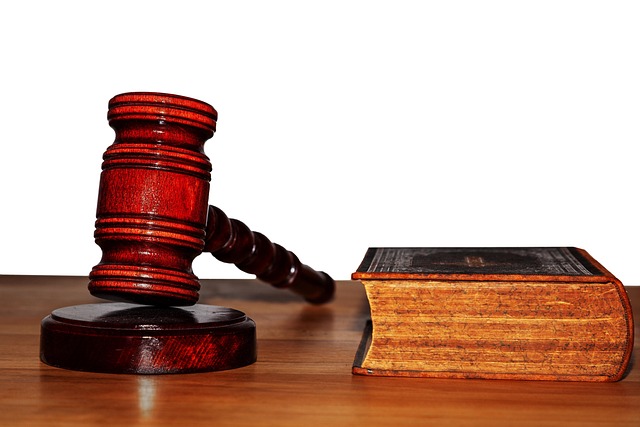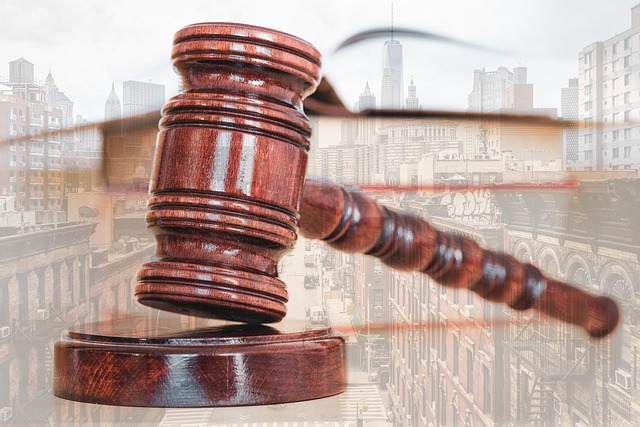Antitrust laws protect fair competition and consumer welfare, with violations leading to significant penalties or dismissal. Businesses facing white-collar defense cases need specialized legal advice to navigate complexities, avoid defamation of character, and ensure ethical practices. Effective defenses rely on robust documentation, strategic evidence presentation, and negotiation skills. Legal counsel assists in market analysis, competitive behavior investigations, and appeals, aiming to uphold fair competition while protecting business interests.
“Antitrust violation cases have far-reaching implications for businesses and consumers alike. This article delves into the intricate world of antitrust laws, exploring their purpose and common factors driving violations. We dissect key aspects such as defamation of character in legal contexts, offering strategic insights for those facing these challenges. Understanding evidence collection, documentation, dispute resolution paths—including negotiation, trial, and appeals—is crucial for navigating complex antitrust litigation. Seeking expert legal advice on defamation of character within this framework is essential for businesses aiming to safeguard their reputation and mitigate risks.”
- Understanding Antitrust Laws and Their Purpose
- Common Factors Leading to Antitrust Violation Cases
- Defamation of Character: Legal Definition and Strategies
- Evidence and Documentation in Antitrust Litigation
- Resolving Antitrust Disputes: Negotiation, Trial, and Appeals
Understanding Antitrust Laws and Their Purpose

Antitrust laws are designed to promote fair competition and prevent businesses from engaging in practices that could harm consumers or stifle innovation. These laws, often referred to as competition laws worldwide, have a profound impact on various industries, ensuring a level playing field for companies operating within them. The primary purpose is to safeguard the competitive process, encouraging healthy market dynamics where prices are determined by supply and demand rather than monopolistic behavior.
Understanding these laws is crucial for businesses, especially in high-stakes cases involving white collar defense. Defamation of character legal advice may seem irrelevant here, but it’s important to remember that any antitrust violation case can have severe consequences, potentially leading to substantial fines or a complete dismissal of all charges if the defense can demonstrate compliance with the regulations.
Common Factors Leading to Antitrust Violation Cases
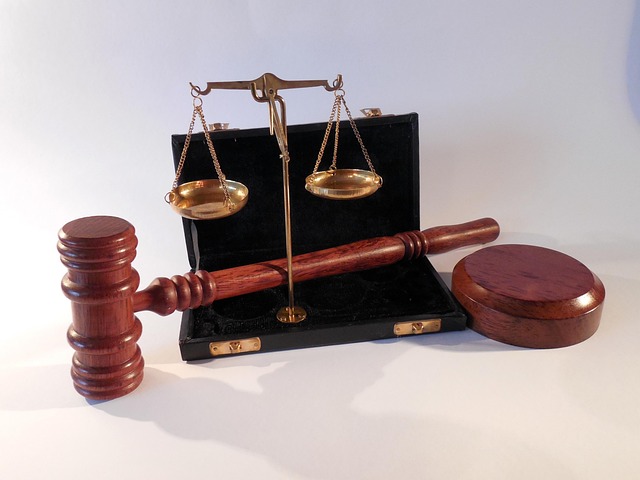
Antitrust violation cases often arise from a variety of factors that can be complex and multifaceted. One common thread is the pursuit of market dominance through anti-competitive practices such as price fixing, bid suppression, or the creation of exclusive deals. These actions can stifle competition, leading to higher prices for consumers and reduced innovation. Another significant factor is the lack of transparency in business dealings, which can include concealing mergers, acquisitions, or joint ventures that could potentially harm market competition.
Legal advice plays a crucial role in navigating these complex issues. Corporate and individual clients alike need guidance on maintaining fair and ethical business practices to avoid defamation of character and other legal pitfalls. Those involved in antitrust cases often benefit from an unprecedented track record of successful jury trials, demonstrating the importance of robust legal representation and strategic navigation through these challenging scenarios.
Defamation of Character: Legal Definition and Strategies
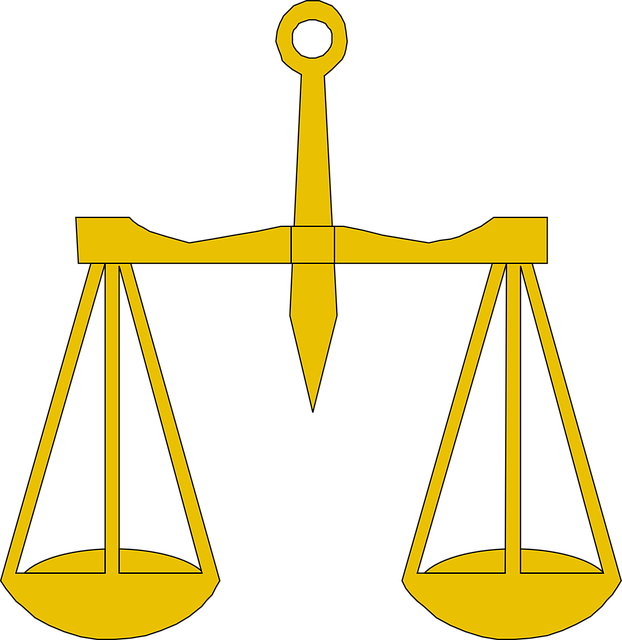
Defamation of character is a serious legal issue that can arise in various contexts, particularly high-stakes cases involving white collar defense. It refers to making false statements about an individual or entity that harm their reputation and standing in the community. When an antitrust violation is suspected, this can become a significant factor during investigations and subsequent trials, as it may impact the credibility of those involved. Legal advice is crucial at every stage of the investigative and enforcement process to mitigate potential defamation risks.
Strategizing against defamation requires careful consideration and robust defense mechanisms. Legal professionals specializing in such cases focus on distinguishing fact from fiction, ensuring that any statements made are supported by substantial evidence. This approach not only safeguards against baseless accusations but also strengthens the overall case strategy. By employing these tactics, individuals and businesses can navigate complex legal landscapes, defending their integrity and reputation while effectively addressing allegations of antitrust violations.
Evidence and Documentation in Antitrust Litigation

In antitrust violation cases, evidence and documentation play a pivotal role in shaping the outcome of litigation. Effective legal strategies hinge on robust and irrefutable proof that demonstrates anti-competitive practices. This includes gathering comprehensive records of market behavior, financial transactions, and communication logs to construct a strong case against alleged violators. Legal professionals specializing in antitrust law offer invaluable guidance on preserving and presenting evidence, ensuring it meets the stringent standards set by legal systems.
Proper documentation is crucial for avoiding indictment in white-collar and economic crimes cases. Understanding how to navigate complex legal landscapes, especially regarding defamation of character allegations that may arise during such proceedings, is essential. Engaging a general criminal defense attorney with expertise in antitrust matters can significantly enhance the chances of a favorable outcome, ensuring clients’ rights are protected throughout the process.
Resolving Antitrust Disputes: Negotiation, Trial, and Appeals
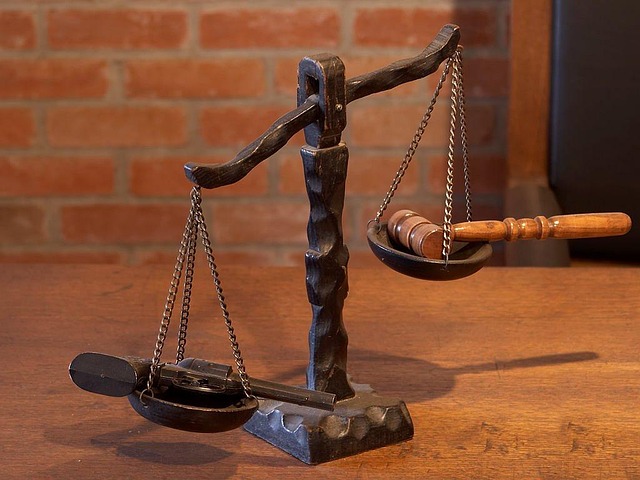
In resolving antitrust disputes, negotiation stands as a crucial initial step, offering an opportunity for both parties to reach an agreement outside of court. This process involves meticulous discussions aimed at finding mutually beneficial solutions, often facilitated by legal experts equipped with definitive knowledge in competition law and practice. Legal strategies, including the presentation of compelling evidence, are employed to bolster defenses against accusations of antitrust violations, focusing on demonstrating lawful business practices.
Should negotiation fail to yield a resolution, the case progresses to trial, where both sides present their arguments before a judge or jury. Here, detailed investigations into market dynamics and competitive behaviors come into play, with legal teams employing various tools, including expert witnesses and complex data analysis, to achieve winning challenging defense verdicts. The outcome of such trials can significantly impact businesses, shaping future strategies within the philanthropic and political communities alike. In some instances, appeals may follow, offering an avenue for further scrutiny and clarification of antitrust laws, ultimately aiming to achieve extraordinary results that uphold fair market competition while preserving legitimate business interests.
In navigating antitrust violation cases, understanding the intricate web of antitrust laws and their purpose is paramount. By recognizing common factors leading to such disputes, businesses can proactively avoid potential pitfalls. When facing allegations, seeking expert legal advice on defamation of character is crucial for mounting a robust defense. Proper evidence collection and documentation are key to successful litigation, while effective negotiation, trial strategies, and appeals processes ultimately resolve these complex matters. With the right guidance, companies can protect their reputation and ensure fair market competition.

